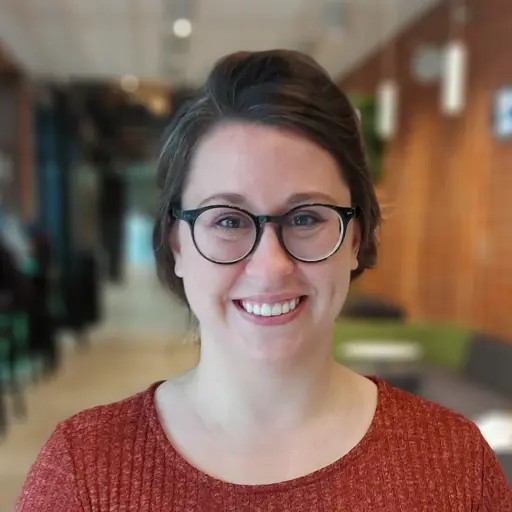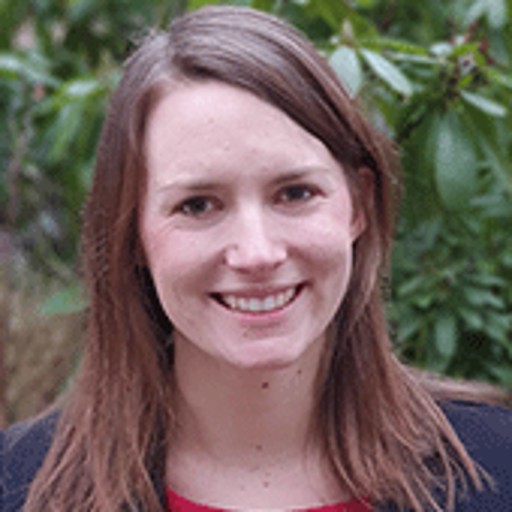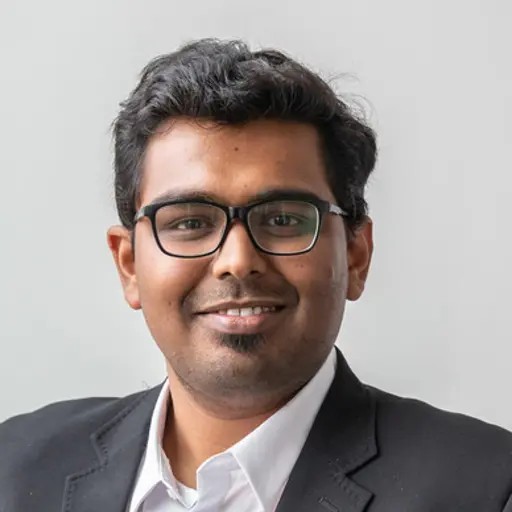
Three researchers from Chalmers are among the 16 selected to receive the prestigious Future Research Leaders 2025 grant from the Swedish Foundation for Strategic Research (SSF). With projects in areas such as nanomedicine, advanced robotics, and human-machine collaboration, they aim to tackle some of society’s most pressing challenges – from smarter drug delivery to adaptive intelligent systems.

“This grant gives me the freedom to pursue a research direction with high risk but also great potential – something that is difficult to achieve with shorter-term funding. The structure of SSF’s Future Research Leaders programme is particularly valuable, as it supports not only groundbreaking research but also leadership development and strategic planning for long-term impact,” says Shivesh Kumar, Assistant Professor at the Department of Mechanics and Maritime Sciences.
“We are proud and pleased that three of these researchers are based at Chalmers University of Technology,” says Anders Palmqvist, Vice President for Research and Areas of Advance at Chalmers.
The programme targets young researchers with high scientific and teaching competence, clear leadership potential, and the ambition to contribute to society beyond academia. Each recipient is awarded SEK 15 million over five years and will also participate in an extensive leadership training programme.
“It is a great honour to be selected – I look forward to continuing to develop my research and contribute to solutions for future challenges,” says Angela Grommet, Assistant Professor at the Department of Chemistry and Chemical Engineering.
Grommet´s research group operates at the interface of supramolecular chemistry and nanomedicine, with a particular focus on improving lipid nanoparticle technology – a key platform for drug delivery. By designing novel lipids and stabilizers using host–guest chemistry, she aims to reduce immunogenicity and enhance the stability of therapeutic cargo without compromising efficacy.
”Receiving the Future Research Leaders grant is something I've dreamed of for years. It's a major recognition of both the work I’ve done so far and the vision I have for the future. It also allows me to bring in new PhD students and postdocs and work on an exciting and fun project."
Wohlrab´s research focuses on how humans and autonomous systems – like robots and self-driving vehicles – can collaborate in teams. In this project, she develops a new approach, adaptive mission coordination, to manage dynamic teams of multiple humans and systems – a key enabler for reliable and understandable human-machine teaming in the future.
“That three of the sixteen selected researchers come from Chalmers is a strong testament to the cutting-edge competence and future-focused mindset that characterises our research. We look forward with excitement to their continued contributions – both within academia and to society’s major challenges,” concludes Anders Palmqvist.
The selected Chalmers researchers are:
- Angela Grommet, who conducts research in advanced molecular manipulation through photochemical processes. Her project focuses on controlling (2+2) photocycloadditions in confined systems – a technique with potential for new functional materials.
- Shivesh Kumar, who is developing AI-based co-design for walking robots. Through a holistic approach, hardware, software and intelligence are combined to create the next generation of mobile robots with increased adaptability and efficiency.
- Rebekka Wohlrab, who investigates how humans and autonomous systems can best collaborate. Her research aims to design principles for effective coordination in future work environments where humans and machines interact more closely.
- Assistant Professor, Chemistry and Biochemistry, Chemistry and Chemical Engineering
- Assistant Professor, Interaction Design and Software Engineering, Computer Science and Engineering
- Assistant Professor, Dynamics, Mechanics and Maritime Sciences






